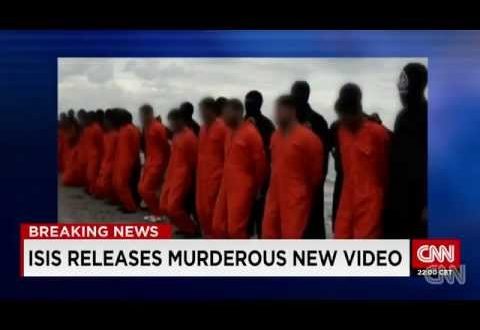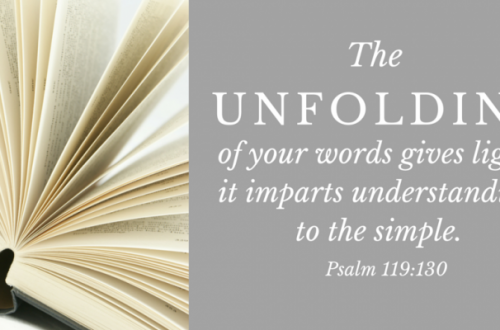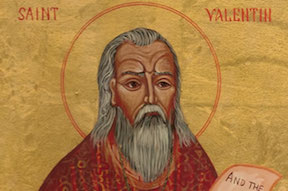Donor Insemination: How Would You Counsel?
If infertility is in the closet, insemination using donor sperm is buried in the basement. About one in eight infertile couples conceive using donor sperm, yet the rest of the world knows little about donor insemination (D.I.) due to the veil of secrecy surrounding it.
DI follows the same course as artificial insemination with the husband’s sperm in that sperm is inserted directly into the woman’s uterus. Yet there is one critical difference: The semen starts out frozen, and it comes from a donor, usually someone unknown to the recipient. The official position of the Christian Medical and Dental Associations is that “CMDA cannot speak with certainty about [this procedure] in God’s design for the family.” That is, within the ranks of Christ-following experts, you’ll find a variety of convictions.
At the least couples exploring DI must answer the following questions within the framework of their faith system: (1) Does using DI amount to technical adultery? (2) Does DI violate the “one flesh” marital relationship? (3) Is it immoral to separate reproduction from sexual intercourse?
Couples who feel comfortable with their answers to these questions must then resolve the psychological issues created by DI. So the question changes from “Is it allowable?” to “Is it wise?” Allow me to illustrate. Sixteen years ago Margaret Brown, a college freshman in Austin, wrote these poignant words in a column for Newsweek:
“I’m a person created by donor insemination, someone who will never know half of her identity…. I only recently found out my father was not my real father. My parents divorced when I was seven, and I have had very little contact with him since then. Two years ago, at 16, when I expressed interest in seeing him again, my mother decided to tell me that my ‘dad’ wasn’t my father and that my father’s half of me came from a test tube. With no records available, half of my heritage is erased. I’ll never know whose eyes I have inherited. In a world where history is a required academic subject and libraries have special sections for genealogy, I don’t see how anyone can consciously rob someone of something as basic and essential as heritage…. So to couples seeking babies in this way, I propose that you find out who your donors are, keep records and let your children know where they came from.”
Though most of us might not pursue DI, our churches contain people who have done so–perhaps more people than we realize. That means we need to be careful how we talk about it. And if couples ask our counsel, we need to help them explore the questions involved. At the very least, we should urge them to make sure their offspring have the information they need to connect with their own pasts. As it turns out, that desire is strong in most of us. It certainly was with Moses.
(Adapted from When Empty Arms Become a Heavy Burden, 2nd ed., Kregel, 2010).



One Comment
Gwynne Johnson
Well Said
Thanks for turning on the basement lights and giving us good insights as to how to relate to those who face these challenges. As science expands, we need wise counsel in walking new roads. Thanks Sandi.